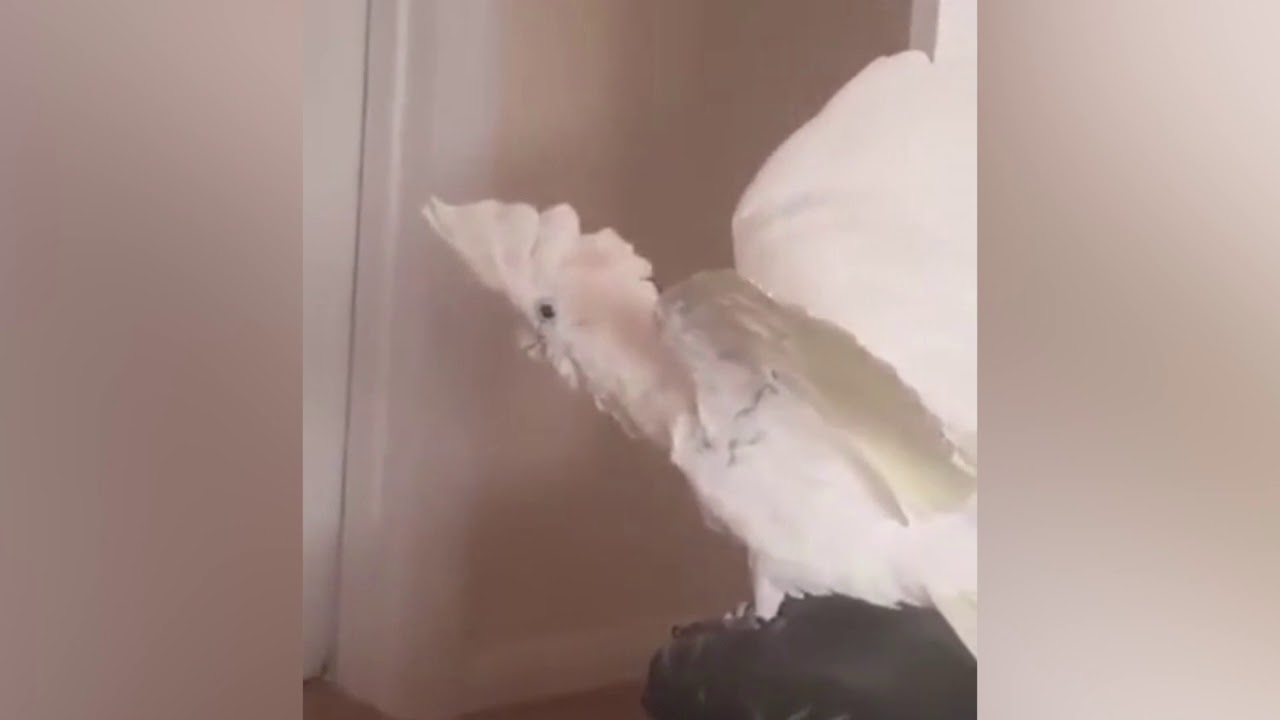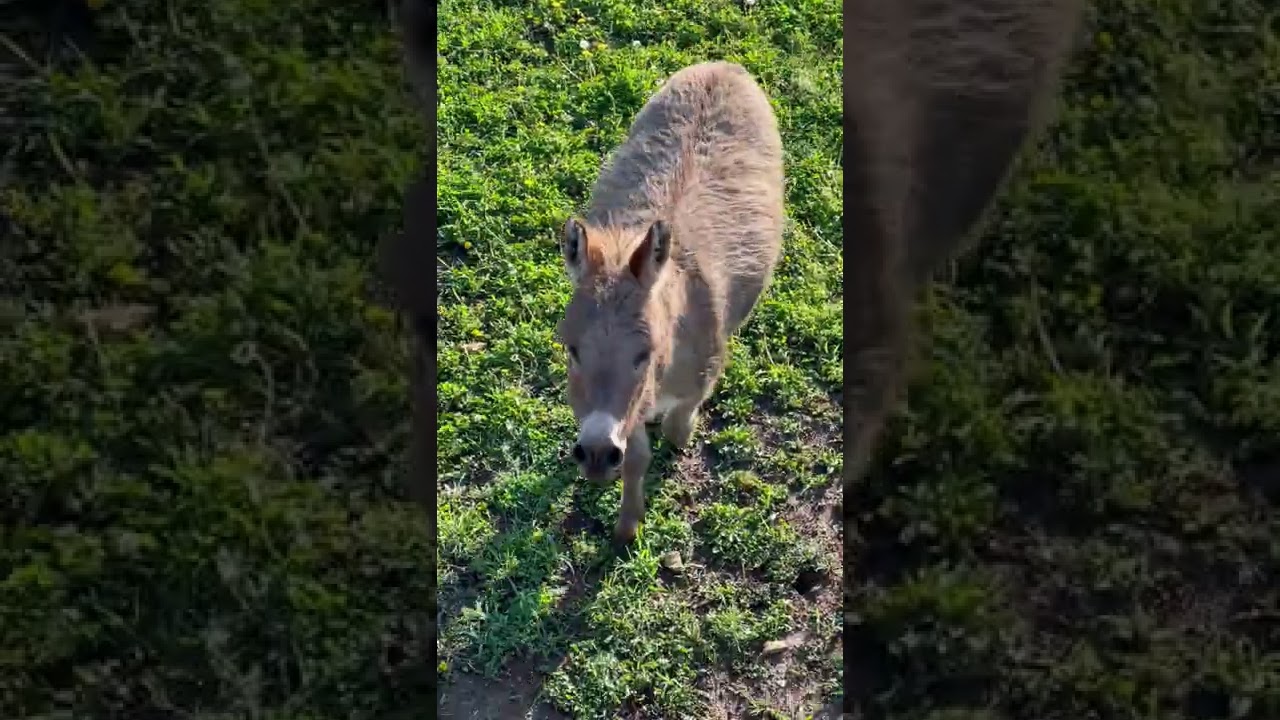I do not really believe in animals who can vocally speak and I believe that the “quotes of animals speaking” are actually messages or signs the animals give that we intuitively know similar to Lassie, Flipper, or Free Willie. When the story is retold, it includes that as dialog… but who knows… maybe it is possible like Babe or Mr. Ed. .
It could also be like koko the sign language ape, or talking parrots who have been able to be trained to count items and speak based on knowledge (although very rudimentary).
The Jātaka is filled with such examples, but this is one of the major factors that dvi-pitakans call “Foul Play” on the sidelines.
Recently, I wrote an editorial type of article on “How Do Monks Live Without Money?”. I quoted a source where the Buddha instructs the monk to ask the birds if they would give him one feather each. TIt would be good to quote more mula sources in this thread.
‘Do you want that flock of birds to stay away?’
‘Yes, Sir.’
‘Well then, go back to that forest grove. In the first part of the night, call out three times and say,
“Listen to me, good birds. I want a feather from anyone roosting in this forest grove. Each one of you must give me a feather.”
And in the middle and last part of the night do the same thing.’The monk returned to that forest grove and did as instructed.
That flock of birds thought,
‘The monk is asking for a feather; he wants a feather,’
and they left that grove and never returned.
PĀRĀJIKAPĀḶI MM_PARA 345

